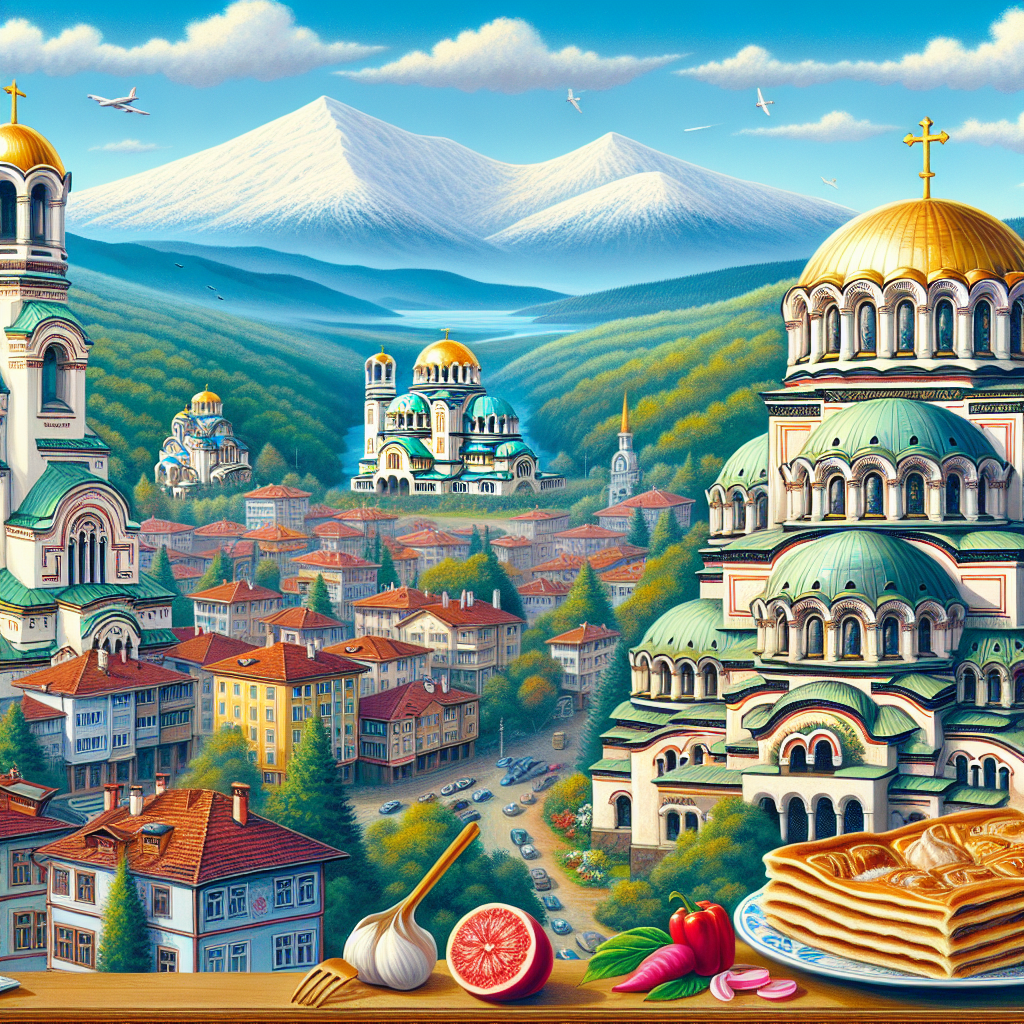Bulgaria's Snap Election: Political Deadlock or Breakthrough?
Bulgarians headed to the polls for the seventh snap election in four years amid predictions that no party will win a majority, risking prolonged coalition talks. With high public dissatisfaction over political instability and economic stagnation, the election is unlikely to resolve Bulgaria's ongoing political crisis.

Bulgarians took to the polls on Sunday for their seventh snap election in a span of four years, with no clear end to the political impasse that has hindered economic progress in the EU's poorest member state.
Since 2020, Bulgaria has witnessed a series of short-lived governments, with anti-graft protests leading to the downfall of a coalition headed by the centre-right GERB party. This election cycle appears poised for a similar outcome, as recent polls suggest no single party will achieve a parliamentary majority, predicting arduous coalition negotiations.
The latest Gallup International Balkans poll puts GERB in the lead with 26.1% of votes, ahead of the reformist PP party and the ultra-nationalist, pro-Russian Revival party. The ongoing political uncertainty has delayed Bulgaria's Eurozone accession and continues to strain the country's economic reforms.
(With inputs from agencies.)
ALSO READ
Germany's Political Crossroads: Coalition Crumbles as Snap Elections Loom
High-Stakes Face-Off in Jharkhand Elections: Voter Turnout Surges
High Stakes in Rajasthan Bypolls with 69.29% Voter Turnout
Germany in Transition: Political Turmoil and Economic Challenges Ahead of Snap Election
Record-Breaking Voter Turnout in Meghalaya's Gambegre By-Election









